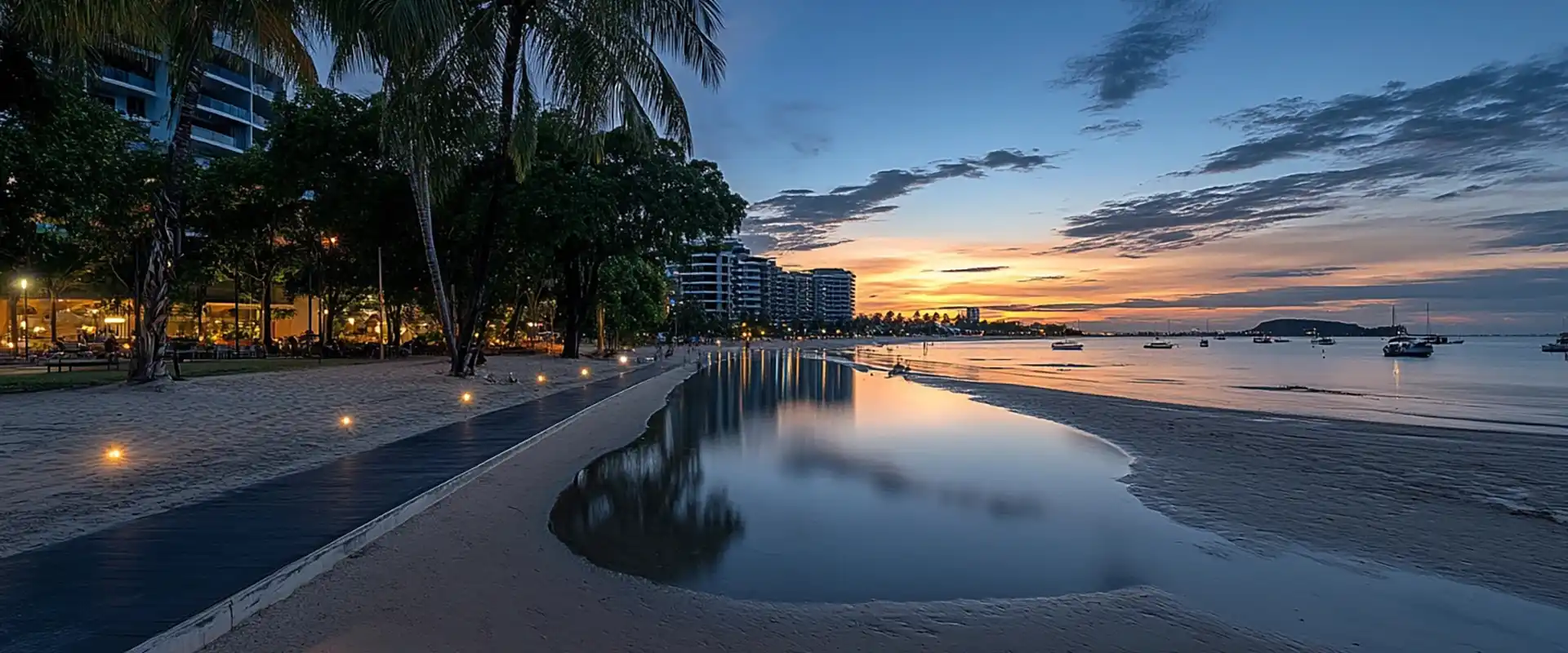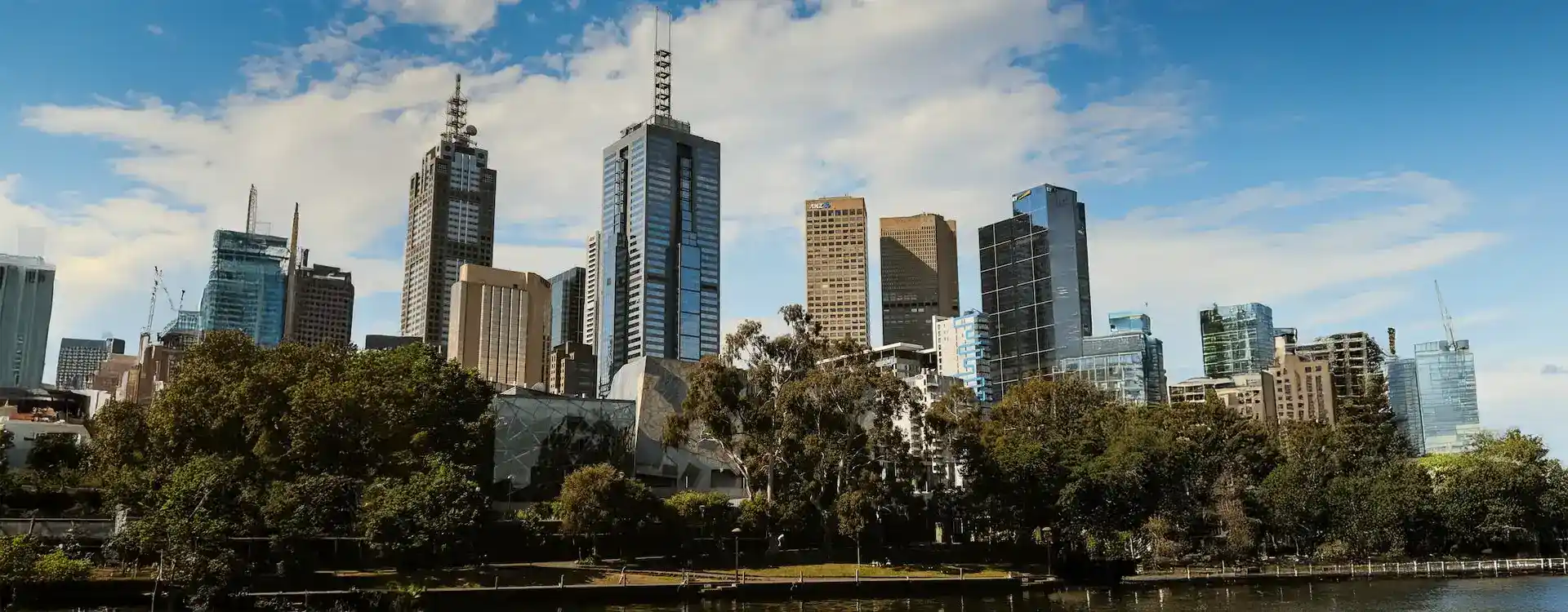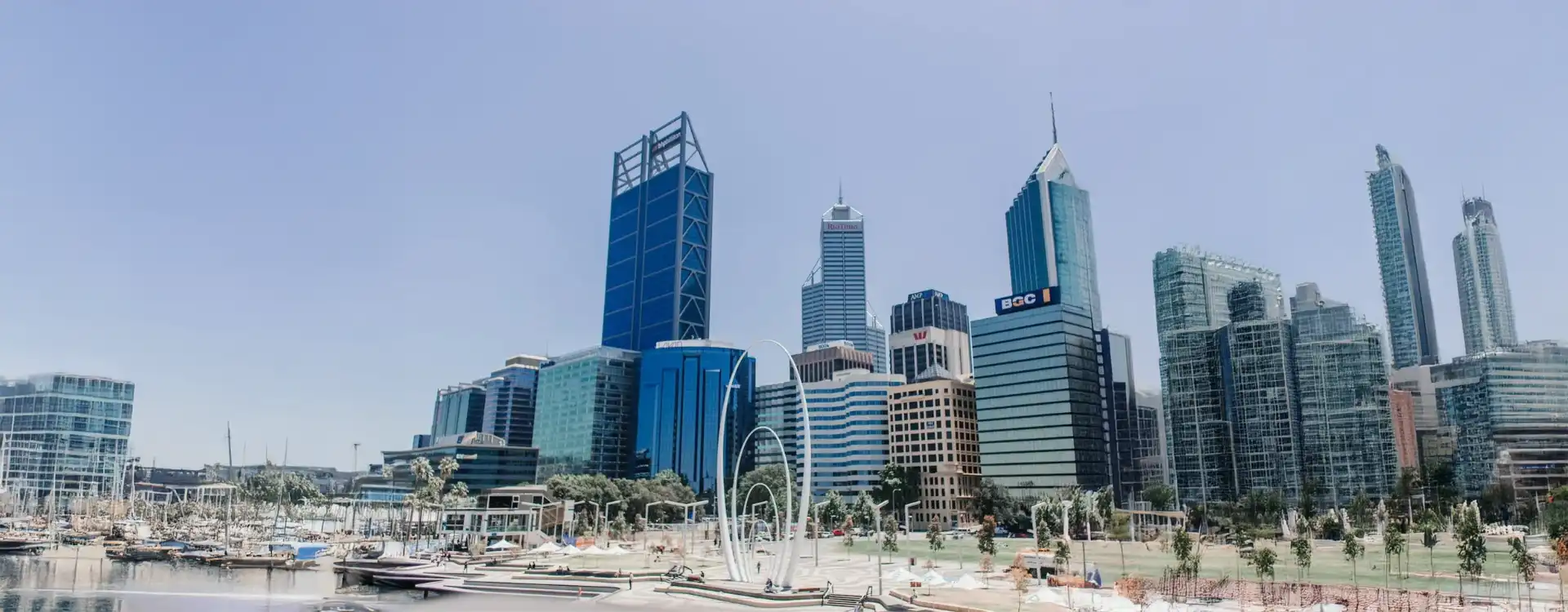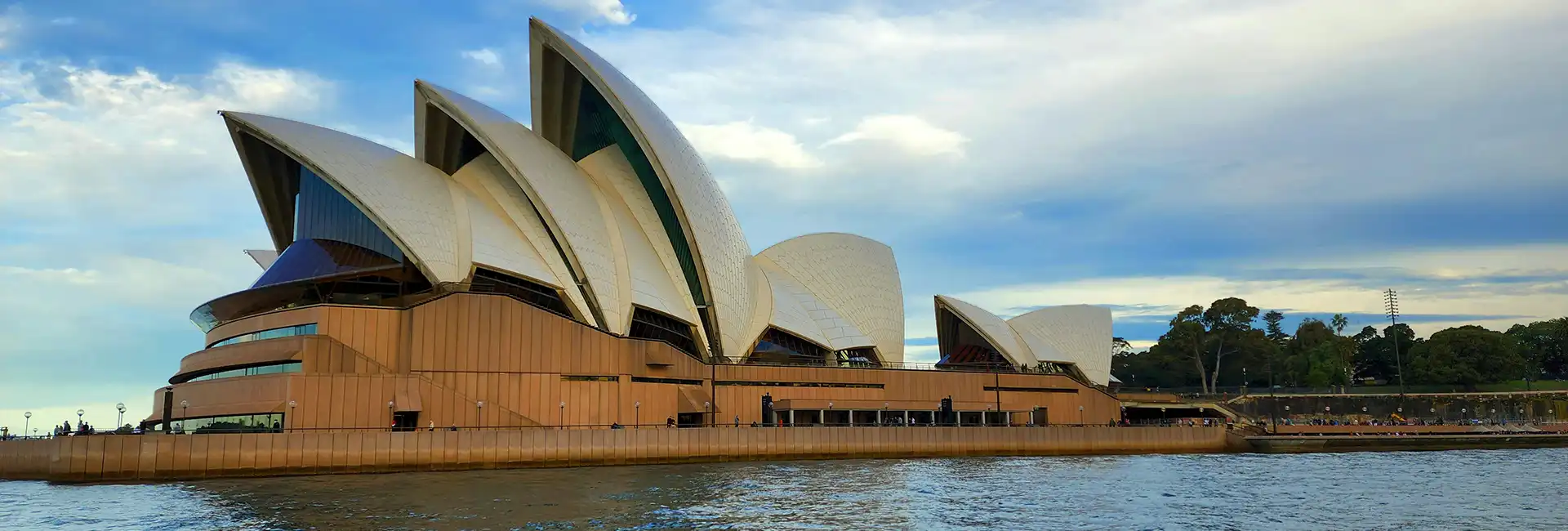Rehab Adelaide
Adelaide is the capital city of South Australia and is known for its vibrant cultural scene, picturesque landscapes, and relaxed lifestyle. Nestled between the Adelaide Hills and the Gulf St Vincent, it offers a blend of natural beauty and urban sophistication.
The city is renowned for its festivals, arts, and culinary delights. It boasts a thriving food and wine scene, with nearby wine regions like Barossa Valley. Adelaide’s layout, parklands, and historic architecture make it an attractive destination for visitors.
The city is home to more than 1.3 million people. But it has its struggles. Many of the people in the metropolitan area will struggle with addiction, either to drugs or to alcohol. And many will realise they need help and seek treatment.
At Sivana Rehab, we help overcome addiction, mental health disorders, or a combination of both.
How Addiction and Mental Health Coexist
Speaking of mental health and addiction, the two are inextricably linked. It’s not uncommon for a person who has a mental health disorder that has gone untreated, either because they haven’t gotten a proper diagnosis or the right treatment plan, to turn to drugs and alcohol as a means of coping with their illness.
The addiction itself can also cause someone to develop a mental illness, or it can worsen one that’s already there, such as how alcohol can exacerbate depression symptoms, meth can cause psychosis, and cocaine can worsen anxiety.
It’s not uncommon for a person to come to treatment with both an addiction and a mental illness. Because of this, rehab centres generally need to integrate mental health into their treatment programmes to address both conditions.
The Need for Rehab in Adelaide
The need for rehab services in Adelaide is critical, addressing South Australia’s rising substance abuse and mental health issues within the community. As the capital of South Australia, Adelaide faces challenges similar to the rest of the state, including addiction to alcohol, drugs, and prescription medications. Rehabilitation centres can provide essential support, offering medical treatment, counselling, and holistic therapies to help individuals recover and transition back into society.
With a growing awareness of the importance of mental well-being, there’s an increasing demand for comprehensive programmes that cater to diverse needs. These facilities not only aid in recovery but also reduce the social and economic impacts of addiction, promoting healthier, more productive communities in Adelaide and its surrounding regions.
Rehabilitation Centres in Adelaide
Because of how many people in the city and surrounding area need drug and alcohol rehab, there are a number of addiction treatment centres in Adelaide. Some of these centres are:
Wellness & Healing Psychology & Counselling Centre
This Adelaide-based centre has more than 40 years of experience tackling mental health concerns, including addiction, and helping patients improve their emotional and social well-being.
Epworth Building, 221/33 Pirie St, Adelaide SA 5000, Australia
Hills & Ranges Private
With a facility situated in the Dandenong Mountain Ranges, this treatment centre helps patients with depression, gambling, drug addiction, and alcohol use disorder.
Level G/121 King William St, Adelaide SA 5000, Australia
Adelaide Anxiety Hypnotherapy
This clinic uses hypnotherapy to help patients with a variety of struggles, including a variety of substance use disorders.
85 Sydenham Rd, Norwood SA 5067, Australia
Why Come to Us Over an Adelaide Rehab?
While a treatment programme in Adelaide may be able to help many people overcome drug or alcohol addiction, there are still numerous reasons to come to Bali instead of a local alcohol or drug rehab. Some of these reasons include:
One of the biggest obstacles that keeps many people from seeking rehabilitation services even though they need to is cost. But coming to Bali can allow a person to receive a high standard of care at a fraction of what it would cost in Australia.
Another reason to come to Bali is that it’s a new environment. Being in a new country can take someone away from the circumstances that triggered their addiction in the first place. This can help them focus on their recovery.
Speaking of new surroundings, going to a foreign country for treatment can help safeguard a patient’s privacy. Many people would rather keep their treatment to themselves, and the distance between Australia and Indonesia can give them an added layer of protection.
Bali is a tropical paradise. Because of this, tourism is the main industry in Bali, and people from all over the world come to experience stunning beaches and lush rainforests. This new environment can be therapeutic and help a person recover
Opportunities to immerse oneself in Balinese culture may arise during treatment. This cultural immersion can potentially provide a unique perspective on the healing process.
While we do utilise evidence-based treatments to aid in recovering from drug or alcohol addiction, we also strongly believe in holistic approaches to promote comprehensive healing.
How Inpatient Treatment Care Helps
Inpatient rehabilitation can play a vital role in the recovery journey for many individuals struggling with addiction. Being immersed in a structured and supportive environment allows patients to focus entirely on their healing process without external distractions or temptations.
With round-the-clock medical supervision, patients receive constant assistance and intervention, ensuring their safety throughout treatment. Residential care also offers a comprehensive range of therapies, including individual counselling, group therapy, and holistic treatments to address the physical, mental, emotional, and sometimes spiritual aspects of addiction.
This comprehensive approach can encourage lasting recovery by equipping individuals with the tools and coping strategies needed for a substance-free life.
How to Get to Our Centre in Bali
Getting to us in Bali will require you to fly from Adelaide Airport. There are numerous ways to get to the airport from Adelaide, such as:
Bus: The J1 or J1X bus routes provide direct service to Adelaide Airport. These buses run regularly and can be boarded at various stops in the city centre. The journey typically takes around 25-30 minutes, depending on traffic and the specific pickup point.
Train: Go to Adelaide Railway Station and take a train on the Seaford, Flinders, Gawler, or Outer Harbor lines to Adelaide Showground Station. At Adelaide Showground Station, transfer to the J1 bus directly to Adelaide Airport.
When to Seek Treatment
It can be hard to know when to seek treatment for addiction or mental health, but doing so is essential when substance use or mental health issues begin to negatively impact day-to-day life. Signs that professional treatment is necessary include an inability to control alcohol consumption or drug use, neglecting responsibilities in favour of feeding the addiction, experiencing withdrawal symptoms when unable to drink or do drugs for whatever reasons, and strained relationships with family and friends.
When attempts to quit have failed, or when physical and mental health deteriorates, professional help becomes a necessity to recover.
Being able to intervene early is key, as prolonged substance use can lead to severe physical and mental health complications and entrench unhealthy behavioural patterns. If loved ones express concern, stage an intervention, or if you recognise the problem but can’t change it, it’s time to seek treatment to regain control and start the journey to recovery.
Come to Bali for Truly World-Class Care
If you find yourself at a point where you need to seek treatment, understand that your addiction isn’t a moral failing. Addiction is a disease, and numerous factors beyond your control could have caused it.
Another thing that you need to understand is that you can go beyond your own country to find treatment. If you feel as if you need to go beyond your shores to recover, then come to us in Bali. We’re here for you when you’re ready to receive treatment






